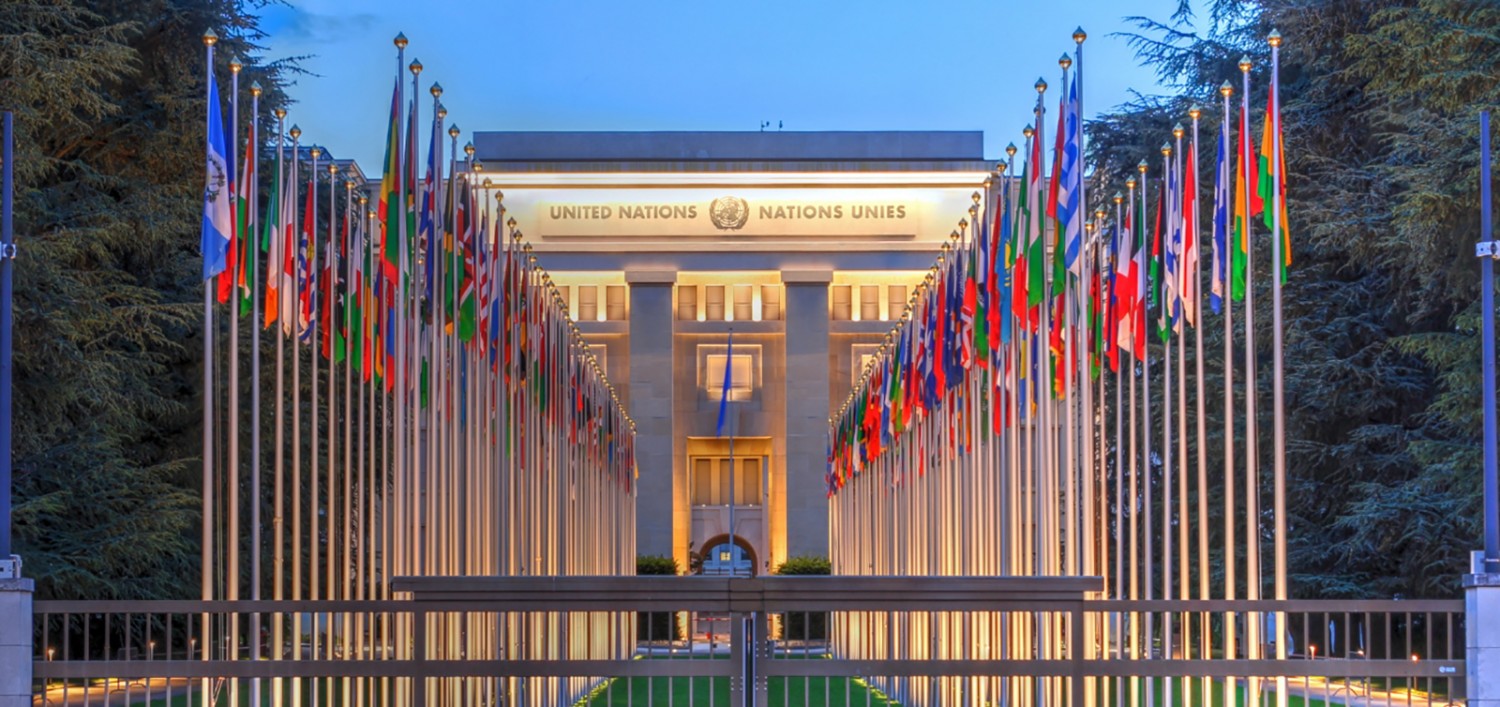On the 9th of December from 15:00 to 16:30 CET (17:00 to 19:30 Moscow time) the United Nations Conference on Trade and Development hosted an online launch of the Report on Developing Countries' Experience with Extraterritoriality in Competition Law Enforcement. Presentation of the Report was followed by input from Brazil (Jade Lime of CADE - Conselho Administrativo de Defesa Econômica) and Turkey (Nesrin Ata of Rekabet Kurumu) and a Panel of Experts (Alexey Ivanov, Imelda Maher, Qianlan Wu and Spencer Waller).
This project makes a significant original contribution to the existing body of knowledge by filling an important gap in our understanding of developing countries’ experience with the extraterritorial application of competition law. Conceptually this project sits at the intersection of international and competition law. Extraterritorial application of law is the competence of a State to apply its laws to foreign entities in relation to their, often purely foreign, conduct. It is a reasonably new phenomenon slowly embraced by the leading jurisdictions in the last few decades.
Dr. Marek Martyniszyn, Senior Lecturer in Law, Queen's University Belfast, presented the main highlights of the report. The Report fill the existing gap by collecting and analysing data on developing countries experience with extraterritoriality in competition law. The collaboration through the UNCTAD Research Partnership Platform offered a unique opportunity to collect such data by means of a questionnaire.
"We analysed data from 40 developing countries and economies in transition. During the period 1990-2016, private international cartels affected sales of over 51$ trillion worldwide. Moreover, international cartels overcharge more than domestic cartels. We have to realize that it is not "just" about distribution – it is an extraction of wealth from the affected state to the state hosting violators".
Alexey Ivanov, Director of the BRICS Competition Law and Policy Centre, pointed out that we have to deal with extraterritoriality quite often, however, we have not yet developed the approaches to regulation.
"Authorities have to think globally, and act locally. This is a key principle to follow, but not everyone understands it. We must focus on practical solutions that can really make a difference, especially for developing countries. When we are dealing with cases of big mergers, we can often observe the situation of strategic maneouvring. The measures should be applied simultaneously in different jurisdictions. The Report on Developing Countries' Experience with Extraterritoriality in Competition Law Enforcement is a great initiative, bringing this topic into the spotlight", – concluded Alexey.




